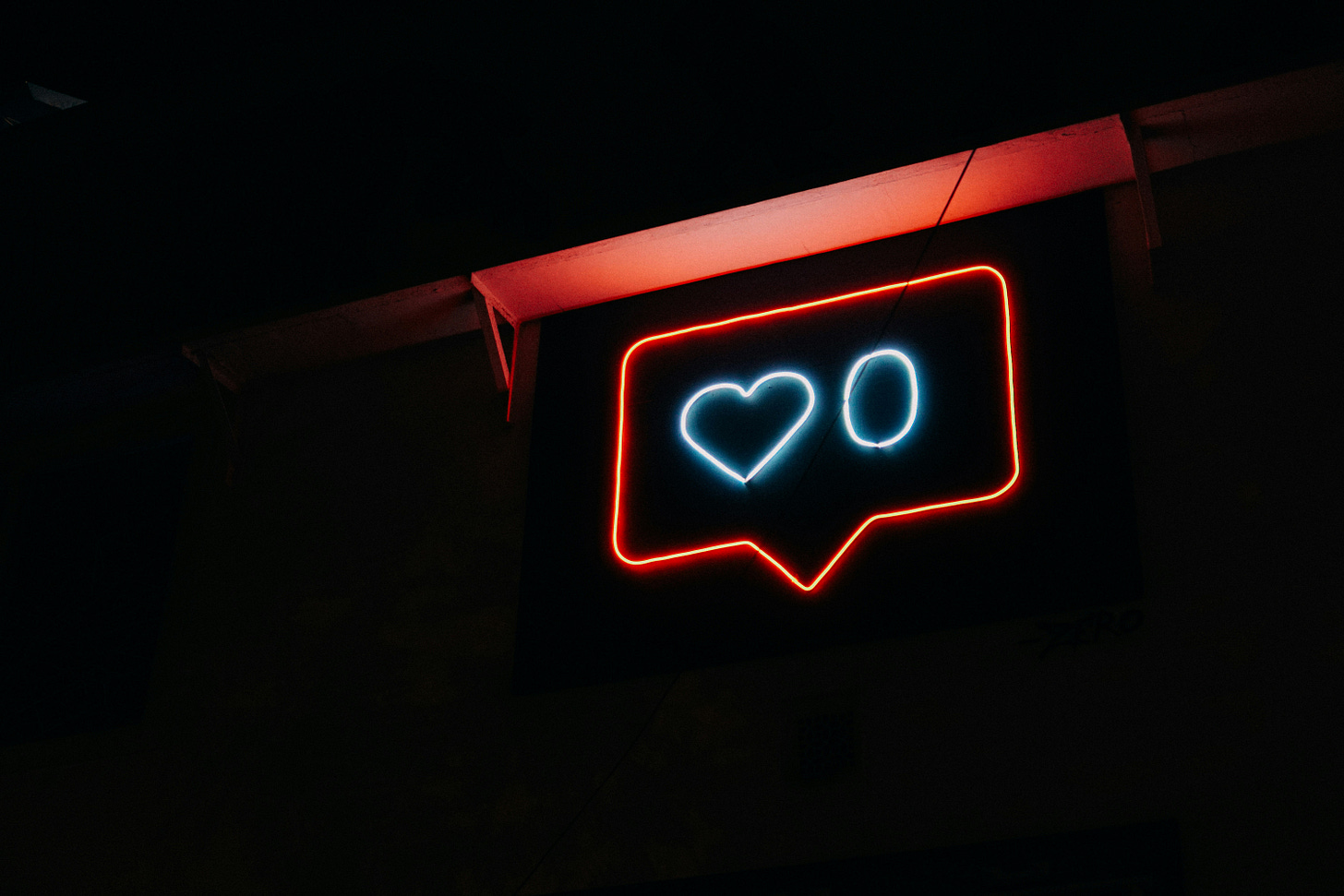Are You Addicted to Feeling Wanted? The Dark Psychology of Dating Apps
Why Swiping Right Feels So Good (But Leaves You Feeling Empty)

It starts with a small buzz on your phone—a new match. A tiny dopamine hit that feels like a warm rush through your veins. You weren’t even paying attention, just swiping absentmindedly while half-watching Netflix. But suddenly, you’re seen. Wanted. Desired. In that moment, it doesn’t matter who the match is—what matters is the intoxicating proof that someone, somewhere, thinks you’re worth a swipe.
But here’s the question: Do you actually care about this person, or do you just crave the high of the match itself? Are dating apps helping us find love, or have they just turned romance into an ego-driven game?
Dating apps make it easy to meet new people, but they also keep us coming back. Researchers have compared swiping to slot machines, using a principle called intermittent reinforcement. Just like gamblers chasing a win, we keep swiping because we never know when the next match will come. This unpredictability fuels our brain’s reward system, releasing dopamine with every new potential partner.
But it doesn’t stop there. The “trophy effect” kicks in: the more matches we collect, the more desirable we feel. It’s less about forming meaningful connections and more about proving our attractiveness—both to ourselves and to others. And with apps prioritizing engagement over connection, it’s easy to fall into a cycle of compulsive swiping.
Dating apps offer an easy, instant way to boost self-esteem. A match feels like external validation—a quick fix for self-doubt. But here’s the catch: that confidence boost is fleeting. When matches slow down or messages go unanswered, self-esteem can take a hit.
Many users aren’t even swiping with the intent of dating. Studies have found that a significant percentage of people use apps purely for entertainment or self-affirmation. This leads to the “ego trap”: swiping just to feel wanted, without the genuine desire for connection. And when external validation becomes the primary goal, real intimacy suffers.
How do you know if you’re swiping for validation rather than connection? Here are some red flags:
You feel anxious when you don’t get a new match for a while.
You swipe just to see how many people find you attractive—not because you’re interested in them.
You rarely (or never) message your matches.
Your mood is influenced by the number of likes or matches you receive.
You don’t feel excited about meeting people—you just enjoy the attention.
If you recognize yourself in the patterns above, don’t worry—it’s possible to reset your relationship with dating apps. Here’s how:
Set an intention. Before opening a dating app, ask yourself: Am I looking for someone I’d actually want to date, or am I just seeking validation? This small shift in awareness can change how you engage with the app.
Limit mindless swiping. Use the app only when you’re genuinely open to conversation and connection.
Build confidence offline. Work on self-esteem through real-world interactions, journaling, or therapy. True confidence comes from within, not from an app.
Take breaks. A “dating app detox” can help reset your mindset and prevent compulsive swiping.
Prioritize quality over quantity. It’s better to have a few meaningful conversations than hundreds of matches that go nowhere.
Dating apps aren’t inherently bad—they’re just tools. But when they become a crutch for self-worth, they can do more harm than good. The key is to use them with intention, rather than letting them use you.
So, here’s a challenge: How would your relationship with dating apps change if you did not use them for validation?
💡 Check out my Etsy shop, Mental Nesting! Thoughtfully designed mental health-inspired mugs, tees, and more to inspire self-care and connection. 👉 Visit here






